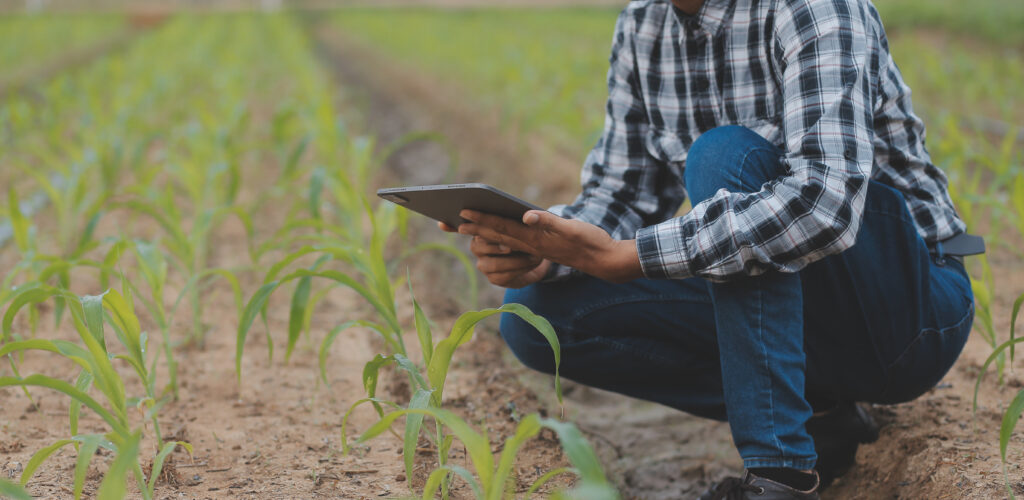The AFN Network+ is a three year project which was set up in 2022 with £5 million funding from UK Research and Innovation (UKRI). Its aim is to bring together UK researchers, industry leaders, government bodies and members of the public to explore effective ways to support industry to reduce greenhouse gas emissions and improve environmental sustainability.
The UK’s agri-food industry produces around a quarter of the UK’s greenhouse gas emissions. Given this significant contribution, it is one industry in which greenhouse gas emissions need to be addressed if the country is to meet its net zero goals by 2050.
The projects, which were awarded either £10k over 12 months or £50k over two years, bring together multidisciplinary teams, with academics working alongside food system stakeholders. Their scope ranges from farm to fork.



